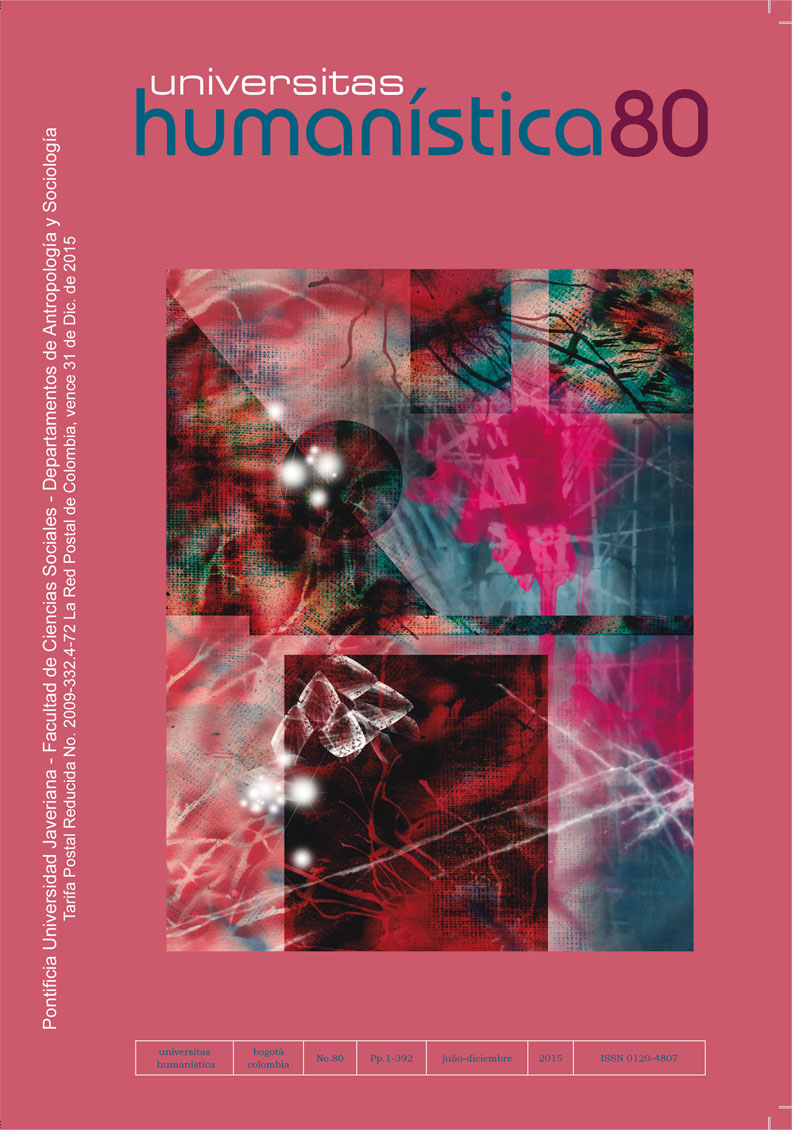Abstract
Since the 1990s decade, but especially since 2000, immigrants coming mostly from West Africa, have gradually weaved the contours of a transatlantic south-south migration device between Africa and Latin America. In Buenos Aires they trade on the streets. This activity was initiated mainly by the Senegalese community.This article aims to expose the stereotypes and the relationships between the Argentine society and the African migrants in order to observe the reception of an unknown population in that part of the continent. To do this research, the ethnographic method and discourse analysis were used. The recent nature of the African migration to Argentina generates clichés and prejudices but the desire for exoticism also gives rise to fascination.
This journal provides immediate open access to its content on the principle that making research freely available to the public, encourages greater global exchange of knowledge.
The journal Universitas Humanística is registered under a Creative Commons Attribution 4.0 International Public License. Thus, this work may be reproduced, distributed, and publicly shared in digital format, as long as the names of the authors and Pontificia Universidad Javeriana are acknowledged. Others are allowed to quote, adapt, transform, auto-archive, republish, and create based on this material, for any purpose (even commercial ones), provided the authorship is duly acknowledged, a link to the original work is provided, and it is specified if changes have been made. Pontificia Universidad Javeriana does not hold the rights of published works and the authors are solely responsible for the contents of their works; they keep the moral, intellectual, privacy, and publicity rights.
Approving the intervention of the work (review, copy-editing, translation, layout) and the following outreach, are granted through an use license and not through an assignment of rights. This means the journal and Pontificia Universidad Javeriana cannot be held responsible for any ethical malpractice by the authors. As a consequence of the protection granted by the use license, the journal is not required to publish recantations or modify information already published, unless the errata stems from the editorial management process. Publishing contents in this journal does not generate royalties for contributors.


